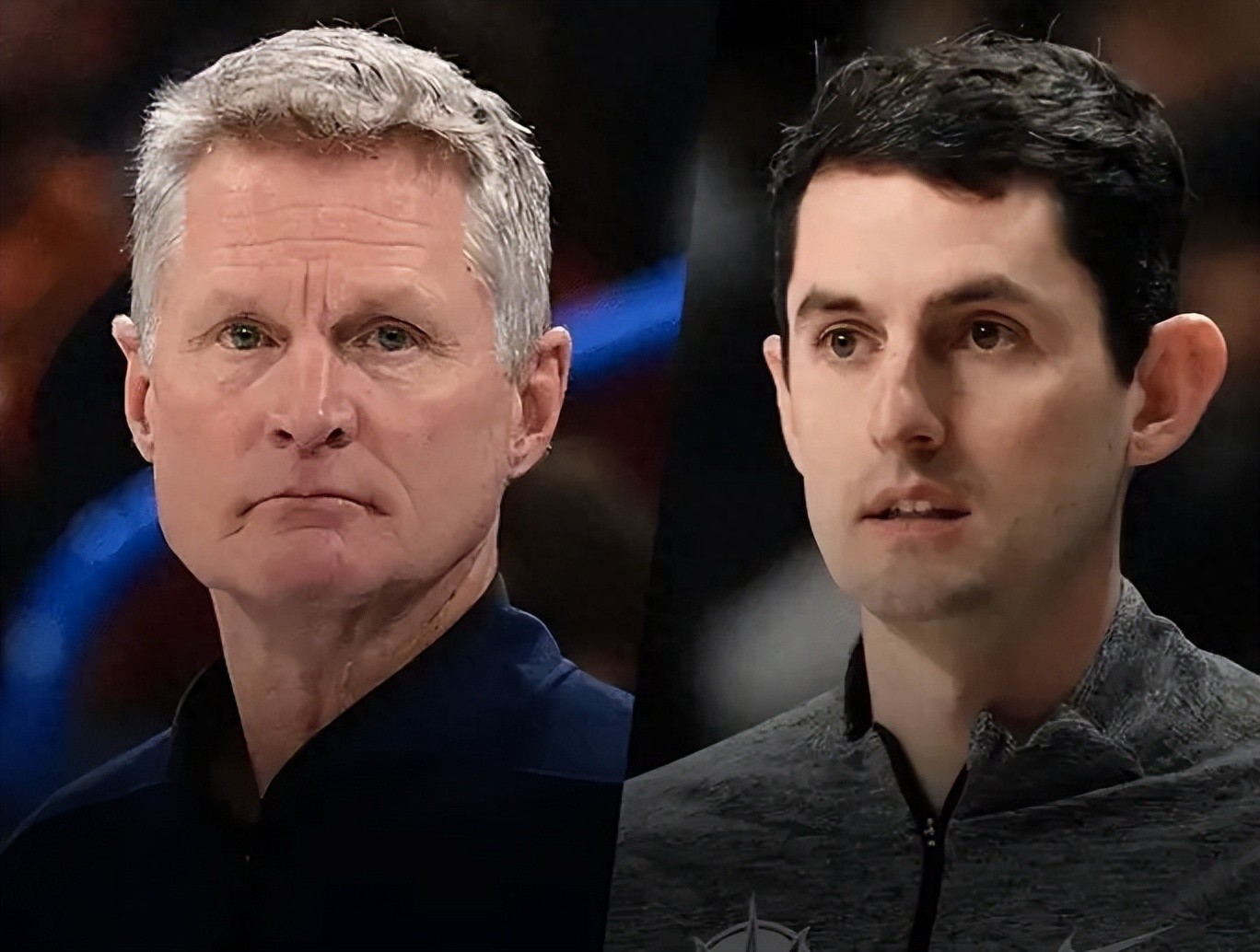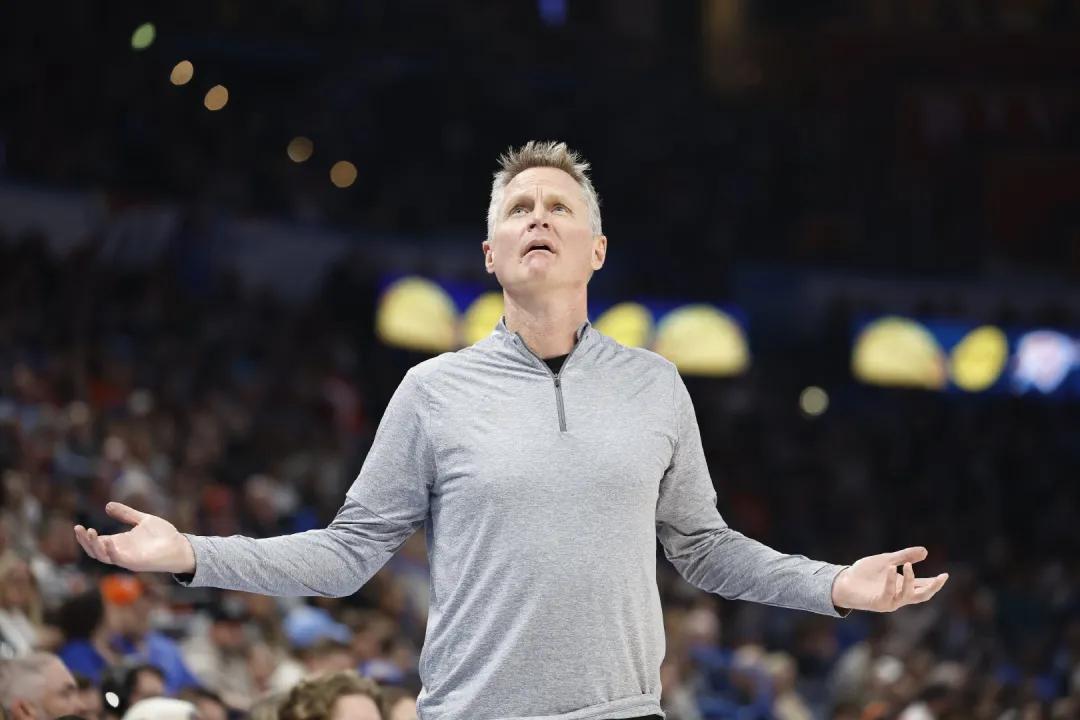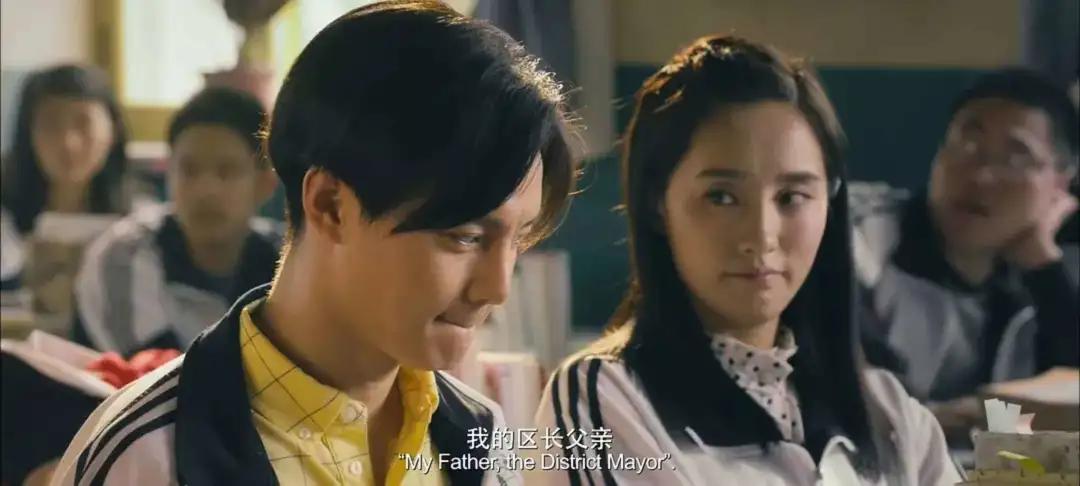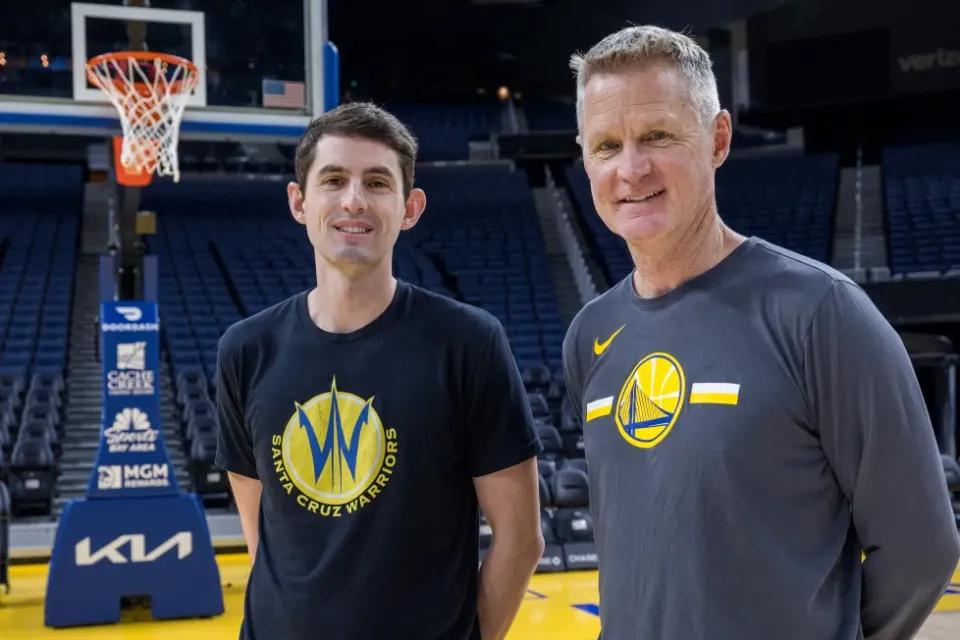Kerr's son joins the Warriors as an assistant coach! NBA also involves its share of personal connections!
“Brothers fight tigers together; fathers and sons go to battle side by side.”
This old Chinese proverb emphasizes the inherent unity among blood relatives during life-threatening or major challenges.
Brothers joining forces can defeat fierce beasts, and fathers and sons standing together can triumph on the battlefield, demonstrating the trust and sacrifice given by family bonds.
This phrase is also evident in the realm of competitive sports.
For example, the Golden State Warriors next season.
As mentioned a few days ago, the Warriors will sign Stephen Curry’s brother, Seth Curry, forming a sibling duo.
What about the father-son duo? That’s arranged too!
The Warriors officially announced personnel changes for the new season: Ryan Atkinson as Senior Director of Basketball Operations, and David Fatoki promoted to Vice President of Basketball Development.
Most notably, head coach Steve Kerr’s son, Nicholas Kerr, has been promoted to assistant coach of the team.
Steve Kerr just celebrated his 60th birthday and is about to begin his 12th season as head coach of the Warriors.
His achievements speak for themselves; he is a key figure in the dynasty Warriors.
This 60th birthday gift must be very satisfying for him.

Who is Nicholas Kerr?
Before joining the Warriors, he worked as a quality control assistant with the San Antonio Spurs. (No need to elaborate on Kerr’s relationship with Popovich)
From 2018 to 2021, he served as the Warriors’ video coordinator and player development coach, involved in tactical analysis and nurturing young players.
In the past two seasons, young Kerr coached the Warriors’ G League affiliate, the Santa Cruz Warriors.
He is only 32 years old this year.
Looking at his career path, Nicholas Kerr’s coaching trajectory highlights the NBA’s systematic promotion process: video department → G League assistant → head coach → NBA assistant coach, and possibly future head coach?
Many renowned coaches have followed this route.
Steve Kerr has publicly expressed pride in his son’s professional achievements and emphasized his independent growth path.
However, what I want to emphasize today is this: the NBA also has its share of personal connections and social dynamics.

As a highly commercialized top basketball league, beneath its competitive surface, the NBA is filled with complex interpersonal relationships and unwritten rules.
You will find that many Chinese fans, when criticizing the CBA, often compare it to the NBA.
“The league isn’t just about fighting; it’s about human relationships.”
Remember a scene from the movie “Goodbye Mr. Loser”:
The homeroom teacher Mr. Wang excitedly announces in class that Yuan Hua won first prize in the district essay contest with the topic “My District Chief Father.”
Then Xia Luo mocks Yuan Hua’s award, saying it’s because he has a father who is a district chief.
Mr. Wang replies: No matter how hard others work, if you can’t compete, just sit quietly.
Are there no “Yuan Huas” in the NBA world?
There are “My NBA Head Coach Father,” “My GOAT Father,” and “My Monster Brother” stories too...
The league’s commercial nature and interpersonal networks make “skill + connections + luck” the norm.

But on the other hand, what makes the NBA so impressive?
Its packaging ability—a multi-dimensional, systematic brand operation strategy.
It deeply integrates athletic performance with storytelling marketing, achieving a leap from on-court achievements to cultural symbols.
For example, the James family’s multi-stage narrative shaping of Bronny’s development makes fans feel it all flows naturally.
Nicholas Kerr’s coaching path also appears very smooth and “seamless.”
Personal connections are common in all areas of society.
But a sense of balance is important; Kerr didn’t just let his own son become a Warriors assistant coach right away, right?
He also needed to gain experience at the grassroots level.
However, without these so-called “personal connections,” his path wouldn’t have been so smooth...
Therefore, some people using this to criticize the CBA is completely unfounded.



Wonderfulshortvideo
User GameGladiator has posted a video.








 Links
Links
 Contact
Contact
 App
App


